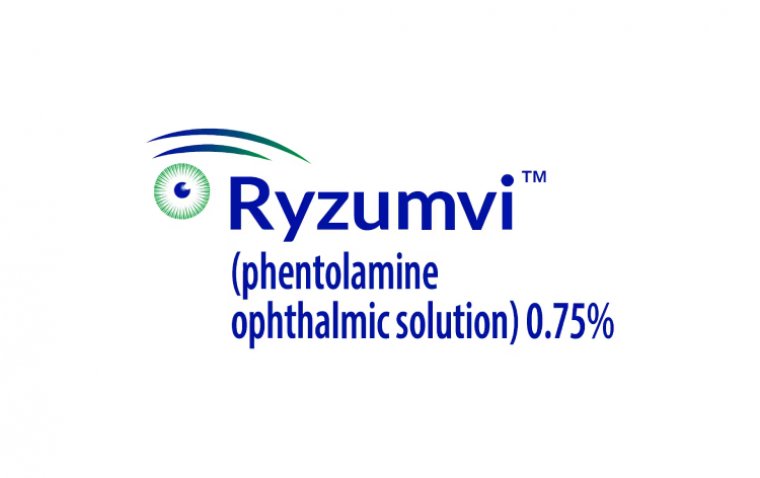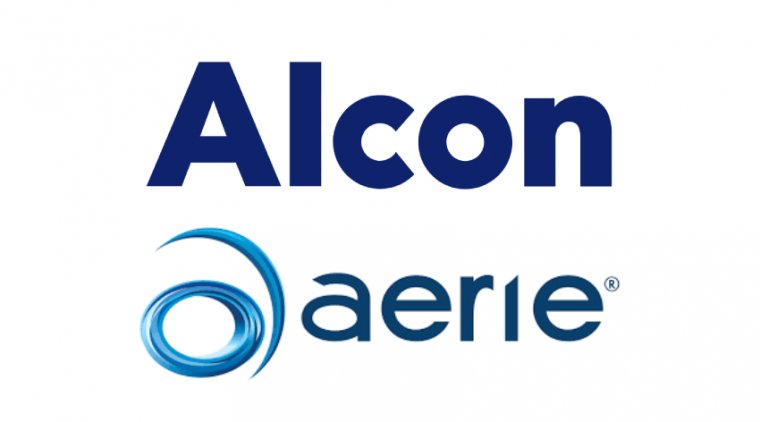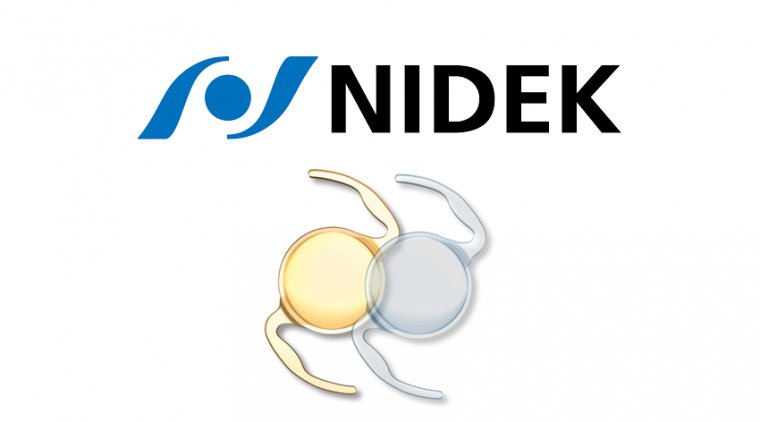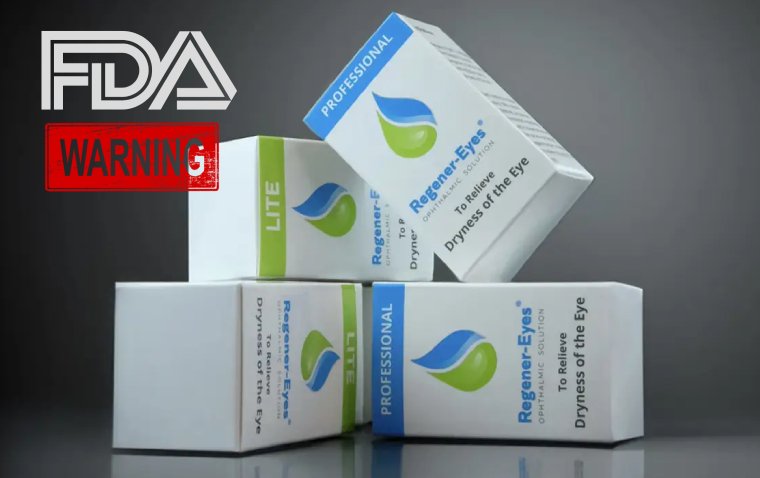
Ocuphire Pharma and Viatris Announce FDA Approval of Ryzumvi
Ocuphire Pharma and Viatris announced that the FDA has granted approval for Ryzumvi (phentolamine ophthalmic solution) 0.75%. This approval specifically authorizes its use in the treatment of pharmacologically-induced mydriasis, produced by adrenergic agonists (such as phenylephrine) or parasympatholytic agents (like tropicamide).
Ryzumvi is slated for commercial availability in the United States during the first half of 2024. It will stand as the exclusive treatment option available on the market for reversing dilated eyes.
"The FDA's approval of RYZUMVl marks a significant milestone for our Eye Care Division and underscores Viatris' commitment to advancing eye care and enhancing access for both eye care professionals and patients," said Viatris Eye Care Division President Jeffrey Nau, Ph.D. "Comprehensive dilated eye exams are vital for early detection of vision-compromising diseases. Our hope is that by addressing patient dilation barriers, we're empowering eye care professionals to broaden exam availability, leading to enhanced eye health outcomes. We look forward to launching RYZUMVI in the first half of next year, and to continuing to advance our robust eye care pipeline which is aimed at addressing a range of vision-related disorders."
"We are pleased to receive FDA approval of RYZUMVI eye drops and look forward to Viatris' successful commercial execution," said Rick Rodgers, MBA, Interim Chief Executive Officer of Ocuphire. "We are grateful to the many patients and investigators who participated in our clinical trials, as well as the Ocuphire and Viatris teams for their commitment to patients."
MIRA Clinical Trial
RYZUMVI underwent a comprehensive evaluation within the extensive MIRA clinical trial program, which encompassed a cohort of over 600 subjects. This program included the MIRA-1 Phase 2b trial, the pivotal MIRA-2 and MIRA-3 Phase 3 trials, as well as the MIRA-4 Phase 3 pediatric trial.
In the MIRA-2 and MIRA-3 trials, a total of 553 subjects ranging in age from 12 to 80 years, all of whom had mydriasis induced by the instillation of phenylephrine or tropicamide, or a combination of hydroxyamphetamine hydrobromide and tropicamide (Paremyd), were randomly assigned. Subsequently, either two drops (for the study eye) or one drop (for the fellow eye) of RYZUMVI or a placebo (vehicle) were administered one hour after the instillation of the mydriatic agent. The RYZUMVI group exhibited a statistically significant increase (p<0.01) in the percentage of subjects with study eyes returning to a pupil diameter of ≤0.2 mm from baseline across all time points measured, spanning from 60 minutes to 24 hours, when compared to the placebo (vehicle) group in both the MIRA-2 and MIRA-3 trials (refer to Figure 1 in the US PI).
Notably, the efficacy of RYZUMVI remained consistent across all age groups, including pediatric subjects aged 3 to 17 years. Specifically, pediatric subjects aged 12 to 17 years (n=27) were included in the MIRA-2 and MIRA-3 trials, while pediatric subjects aged 3 to 11 years (n=11) were incorporated in the MIRA-4 trial.
The most common ocular reactions, occurring in more than 5% of subjects, included discomfort at the instillation site, encompassing sensations of pain, stinging, and burning (16%), as well as conjunctival hyperemia (12%). The sole non-ocular adverse reaction reported in over 5% of subjects was dysgeusia (6%).
About RYZUMVI™ (Phentolamine Ophthalmic Solution) 0.75%
RYZUMVI is an FDA-approved, anti-microbial preservative-free topical eye drop formulation containing phentolamine ophthalmic solution 0.75%. Its primary indication is the treatment of pharmacologically-induced mydriasis triggered by adrenergic agonists (e.g., phenylephrine) or parasympatholytic agents (e.g., tropicamide). RYZUMVI is characterized as a relatively non-selective alpha-1 and alpha-2 adrenergic agonist.
The dilation of the pupil is predominantly regulated by the radial iris dilator muscles that encircle the pupil. These muscles are activated by alpha-1 adrenergic receptors. Phentolamine binds reversibly to these receptors found on the iris dilator muscle, leading to a reduction in pupil diameter. Phentolamine directly counteracts the mydriatic effect caused by an α-1 adrenergic agonist and indirectly reverses mydriasis induced by the muscarinic antagonist effects on the iris sphincter muscle.
*Stay in the loop and make sure not to miss real-time breaking news about ophthalmology. Join our community by subscribing to OBN newsletter now.
(1).jpg)










